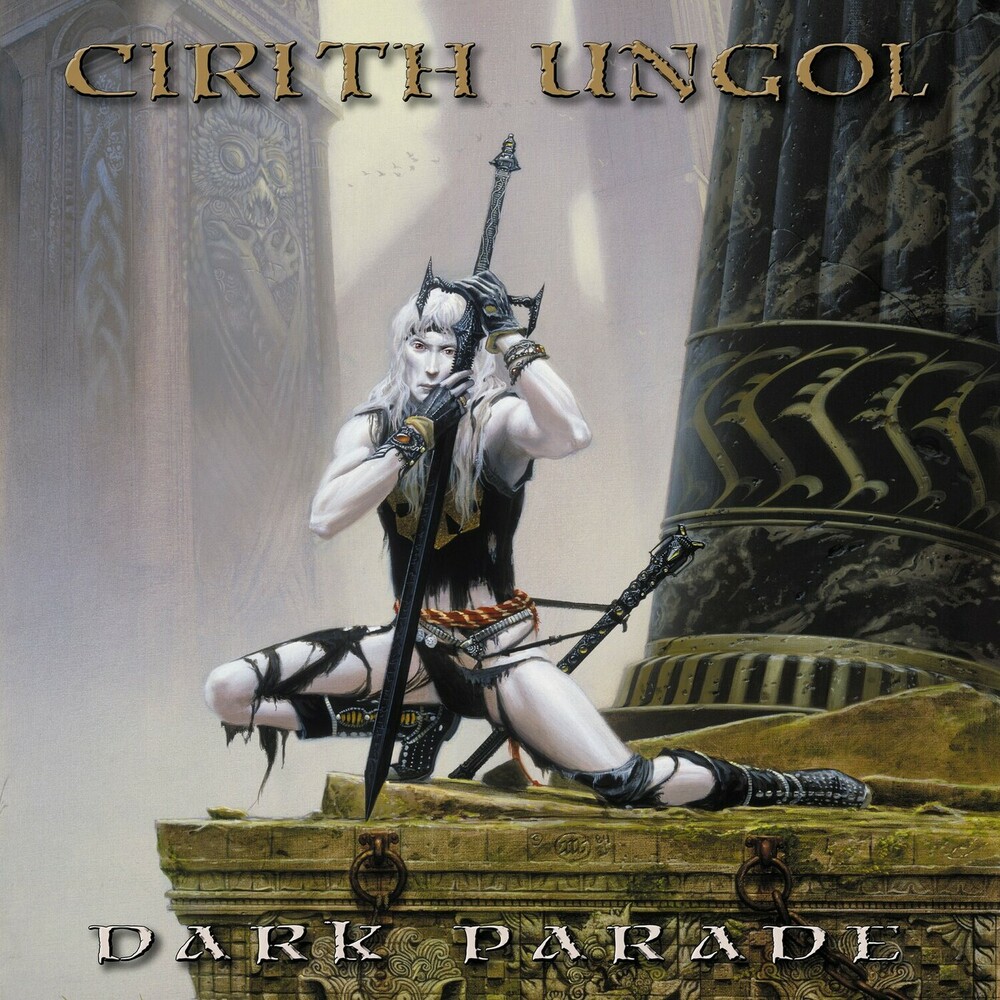 |
Country: USA
Style: Glam/Hard Rock
Rating: 7/10
Release Date: 20 Oct 2023
Sites: Facebook | Instagram | Official Website | Wikipedia | YouTube
I was a little surprised to see a new album from Lynch Mob, given that sole founding member and reason for the band name, George Lynch, said a few years ago that he planned to stop using that name because of its racial connotations. Apparently he changed his mind. Now, I know that Lynch Mob changes its line up more frequently than some people change socks, which has to affect their sound, but I wasn't expecting this particular sound.
Obviously, the primary reason to listen to this is Lynch's guitar solos, which are always fascinating, starting on the opener, Erase. However, when not soloing, this has a strange sound for a band that I remember being rooted in hard rock and glam metal. The tone is very alternative, the guitar low in the mix and the bass high, as if they're trying to emulate Saigon Kick's sound without realising that there really isn't a particular Saigon Kick sound because their sound shifts effortlessly from song to song. There's a lot of sleaze here too, especially in the vocals of Gabriel Colón, who has an Axl Rose thing going on.
What's oddest, though, is that, while the tone sounds alternative, the actual songs feel like more traditional hard rock songs with that sleazy filter overlaid for effect, as if we could fiddle with our graphic equalizers and suddenly they'd sound exactly like other bands, like the Cult on Time After Time or Great White during the intro to Erase. Sometimes they might sound like other songs, like How You Fall, which bothered me for a while until I realised it merged the riff of Rainbow's Gates of Babylon with the phrasing of Iron Maiden's The Sheriff of Huddersfield, of all things.
It all means that there's a constant nostalgic feeling here, just like we've heard a whole bunch of these songs before, but never like this. It sounds decent, even if it takes some getting used to, but I think it's at its best when it's trying to actually be sleazy from the inside, starting with the birth of a song, rather than to just write a hard rock song and apply that sleazy filter after the fact. It's Let It Go that connected for me, because it's so raw it could have been on Too Fast for Love. That's a funky stop/start guitar that's delightfully dirty, as if someone was pouring Jack Daniels on it as Lynch is playing. Is there a bass player on this track? Not all of it, that's for sure.
There's some of that on the title track too, which closes things out, but there's an extra layer that might be keyboards to render it a little more complex. It's another one that mixes genres, with a fresh Rainbow vibe, albeit not Gates of Babylon this time even though the song carries part of its title, but underpinning something far more nineties, maybe Soundgarden at their punkiest but a tinge of Queensrÿche too. So, you know, classic sleazy punk grunge prog. This can be fascinating to dissect and it's why this keeps growing on me.
Initially, I really didn't like this sound. There's a song here called Million Miles Away and I couldn't get past how the sleaze filter didn't remotely push the sound anywhere near Hanoi Rocks. And no, it's not a cover, but the shared song title didn't help the comparison. Neither did how laid back it was. However, I listened to the whole album and kept finding little details that stood out to me, so simple dismissal wasn't an option. After a couple of repeats, I found that I wasn't frustrated by the sound any more. I'd got used to it and actually was rather digging it. It's merely a weird texture to find behind Lynch's guitar. That doesn't mean it's a bad one. It just took me a while to get on board.
In fact, while Let It Go is easily the most immediate song here, Babylon is probably the best track on offer. Not only does it not remotely outstay its welcome at a whisper over eight minutes, I felt that it should have kept going. It had found its groove and was milking it nicely, in a manner that goes all the way back to something like Kashmir. Certainly, that groove kept on in my head after it had faded away on the actual album.
It's been a while since I've heard Lynch Mob, so I have no idea how they got to this sound. George Lynch is the mainstay, of course, because it's his band, and drummer Jimmy D'Anda look like he's on his fifth stint so far this millennium. Other frequent members, who seem to leave the band but return again in the time it takes to walk down to the corner for a lottery ticket, aren't present, so the rest of the band is pretty new. Both Colón, on vocals, and Jaron Gulino on bass, only joined in 2022, which means that this is their first album with the band, as The Brotherhood, their previous effort, is six years old now.
I'm intrigued. I didn't like it for a while. Now I like it a lot. The question is how well this will stay. I guess only time will tell.








